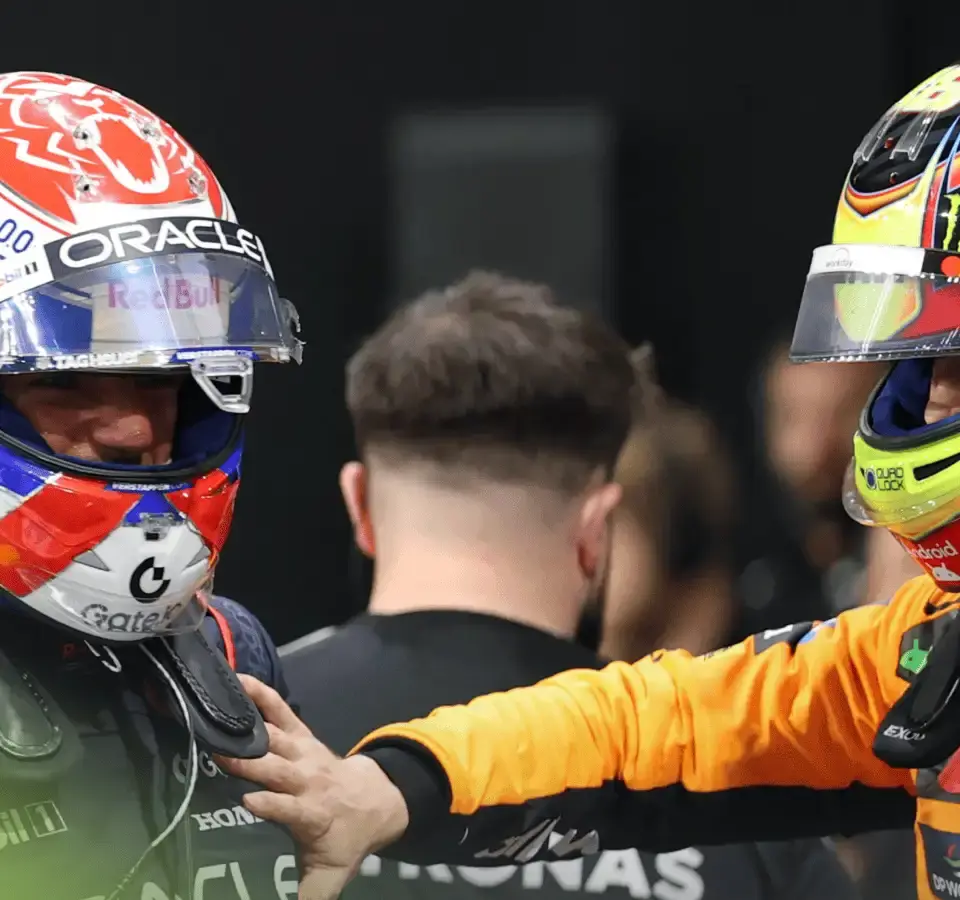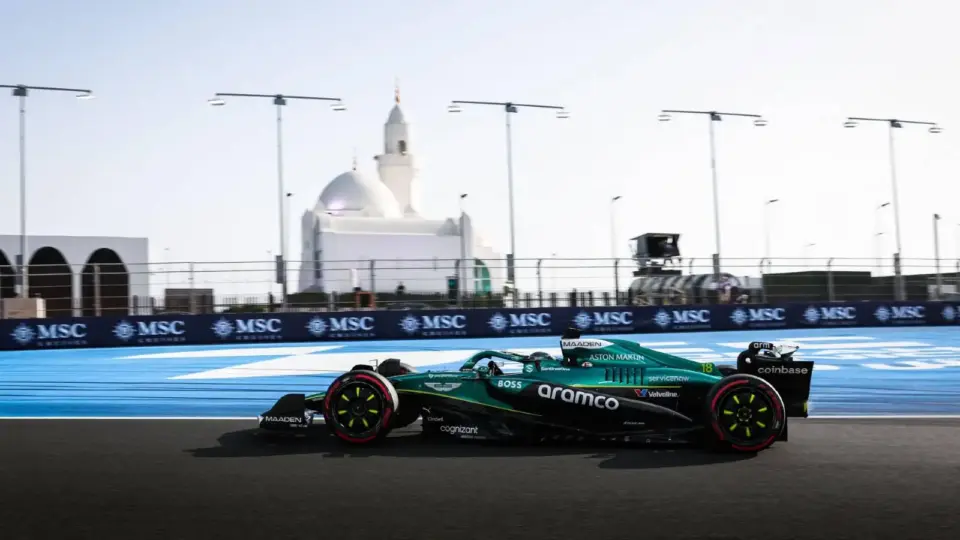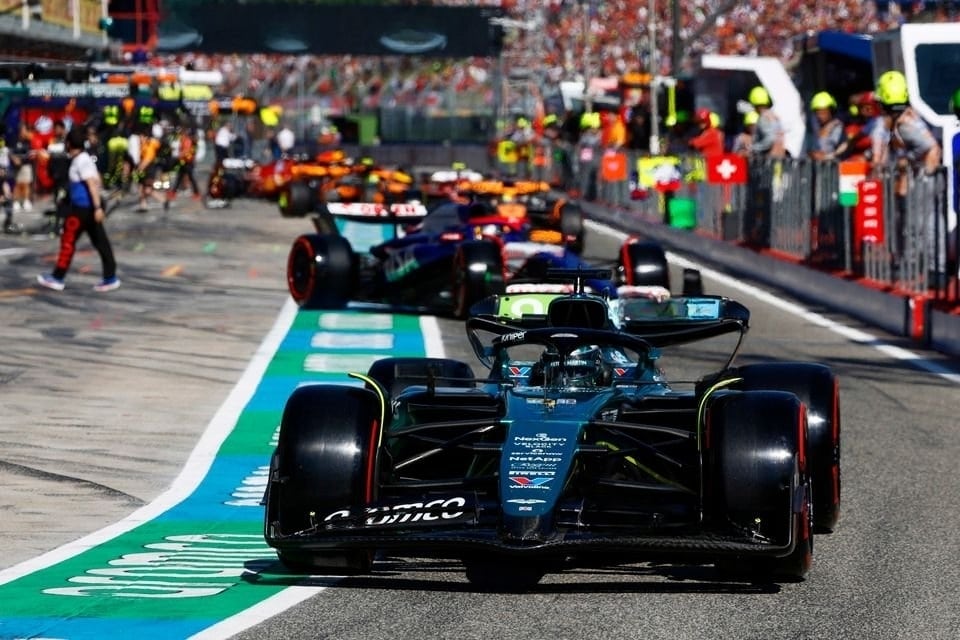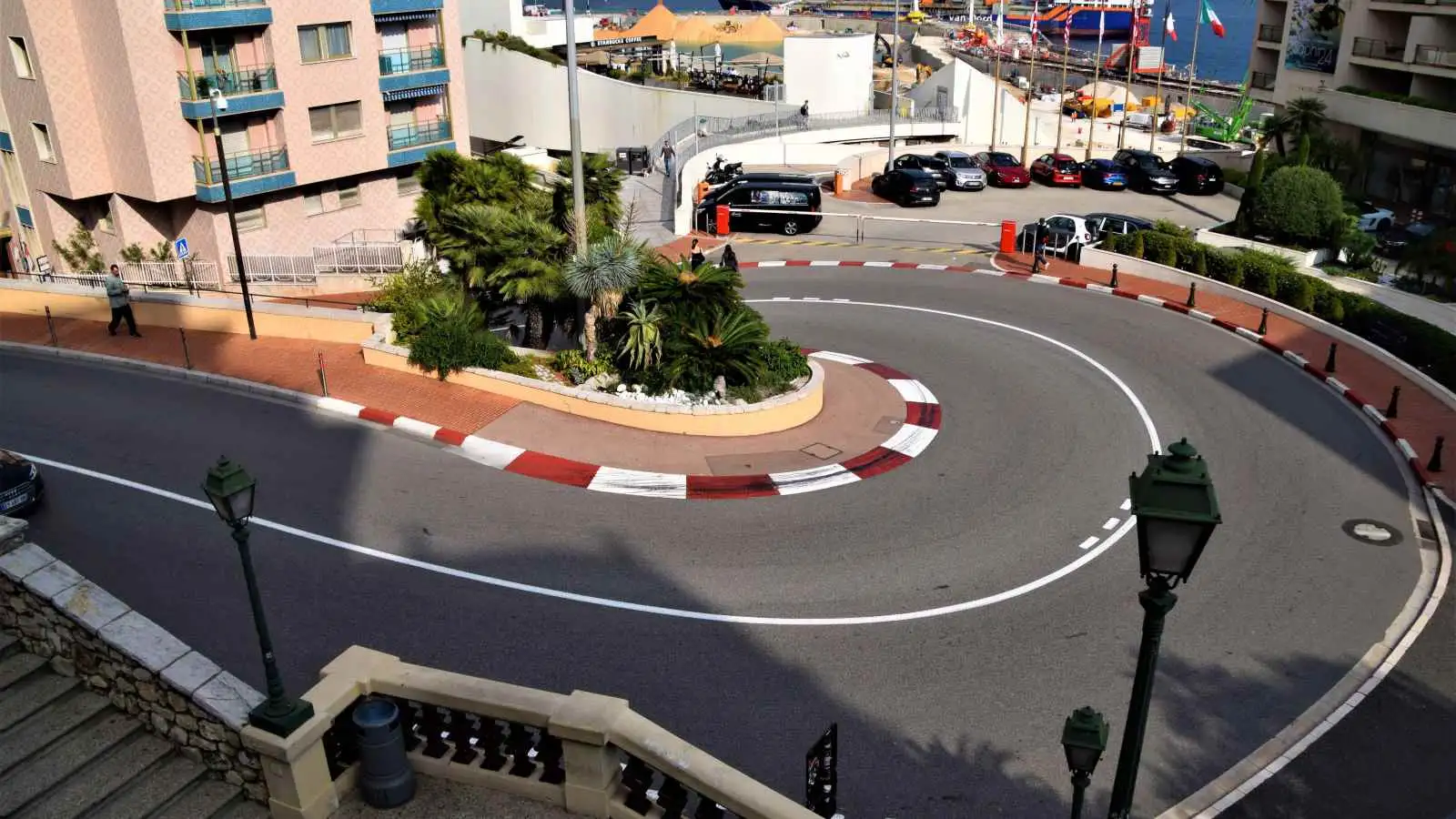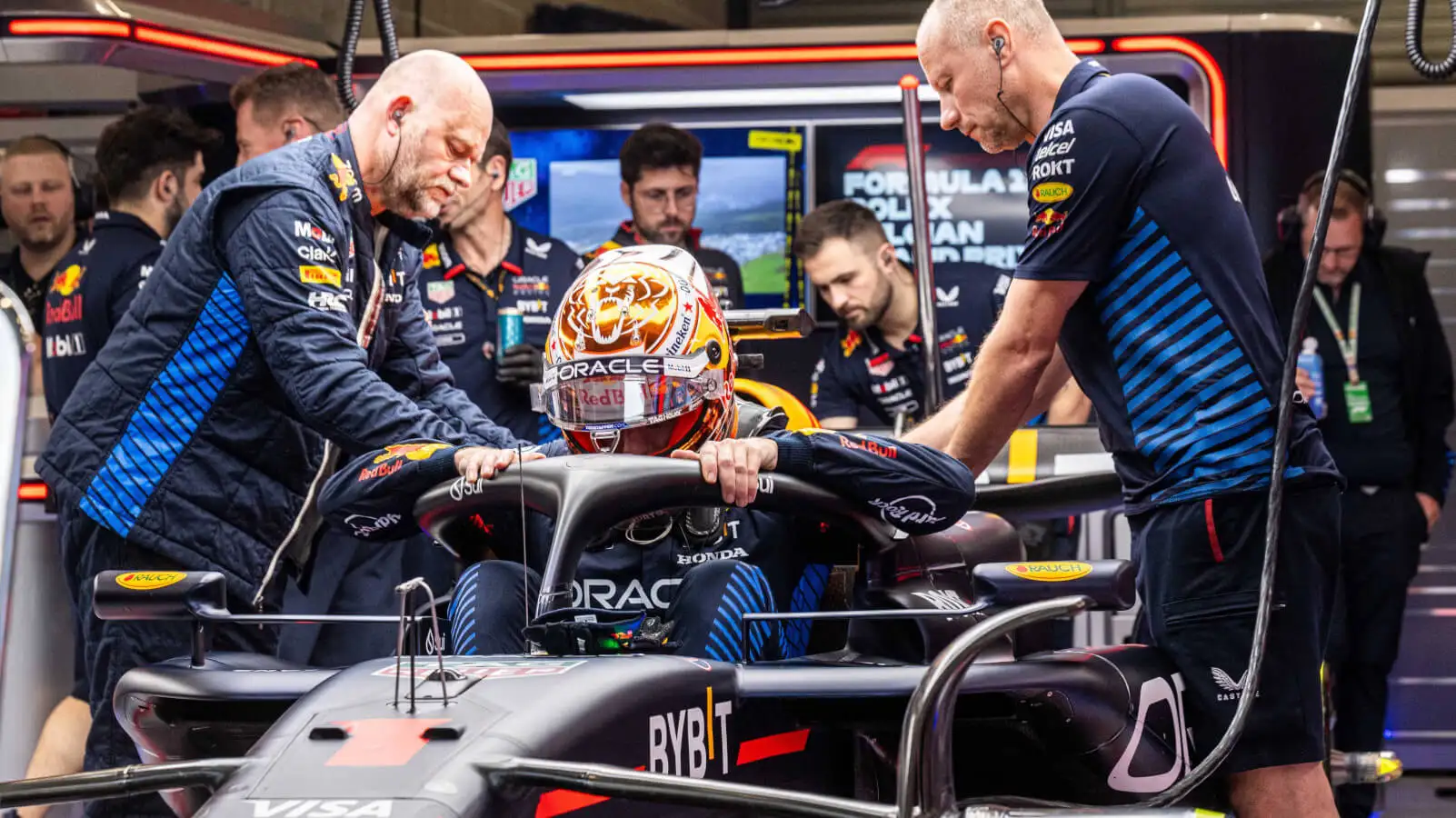Red Bull opts not to challenge Max Verstappen’s controversial five-second penalty from the Saudi Arabian Grand Prix, maintaining their stance after detailed deliberation.
- Verstappen faced a penalty for gaining an advantage off-track while battling McLaren’s Oscar Piastri during the race’s opening moments.
- Despite pressure from Piastri, Verstappen’s maneuver led to a swift penalty, which he colorfully described over team radio.
- Christian Horner presented evidence to contest the penalty’s fairness, yet Red Bull has chosen not to pursue further appeals.
- Consideration of penalties by F1 stewards revealed Verstappen narrowly avoided a more severe punishment for his actions.
Red Bull Racing has reached a conclusion in the heated exchange over Max Verstappen’s penalty at the Saudi Arabian Grand Prix. After careful analysis and internal discussions, the team decided not to pursue an appeal against the five-second penalty imposed on Verstappen for ‘leaving the track and gaining an advantage’ in his skirmish with McLaren’s Oscar Piastri. This decision was disclosed to PlanetF1.com, marking the end of this particular saga at Jeddah.
The incident unfolded almost as soon as the race began. Verstappen, having secured pole position, encountered immediate pressure from Piastri. With Piastri on his inside as they approached the first corner, Verstappen deviated into the painted run-off area, managing to hold his lead but earning a time penalty in the process. His reaction on the team radio, humorously calling the ruling ‘f***ing lovely,’ added a dramatic touch to the event.
In the race’s aftermath, Christian Horner, the team principal, armed with photographic evidence, argued that the penalty was excessively harsh. Relaying Red Bull’s reasoning to the media, including PlanetF1.com, Horner admitted a lack of optimism about contesting the penalty further, citing, ‘Everything has to be objectively looked at in isolation, and that’s a really marginal call.’
Given the circumstances of the incident – occurring at the race’s very first corner – the penalty could have been more severe. The standard consequence for such an infringement typically warrants a 10-second penalty. However, due to its timing and context, the stewards accorded a certain degree of leniency, opting instead for a five-second penalty. The official statement clarified that Piastri’s vehicle had ample position, granting him entitlement to the corner, which Verstappen did not yield. Thus, leaving the track and retaining the lead rightfully attracted a penalty.
Red Bull’s decision not to appeal reflects a strategic understanding of the stewards’ likely stance. Arguing that the incident deserved further review seemed futile as Horner acknowledged the high probability of the stewards upholding their decision, had a protest been lodged. Red Bull’s choice, therefore, underscores an acceptance of the complex adjudication involved in F1’s standards for racing incidents.
Red Bull’s decisive move to forego further action on Verstappen’s penalty closes a contentious chapter from the Saudi Grand Prix.
